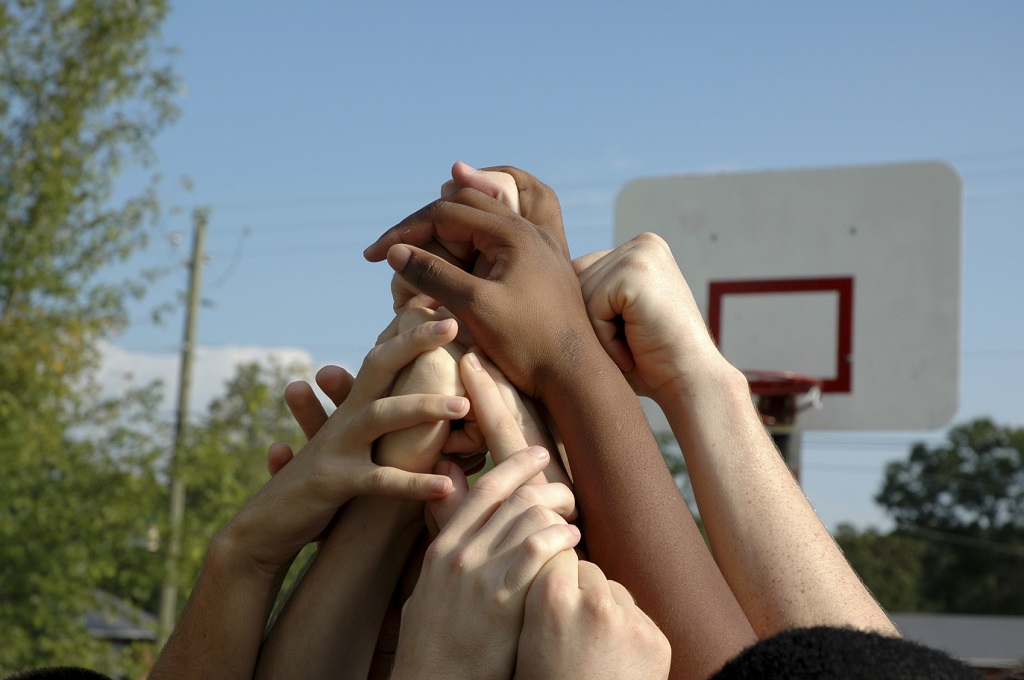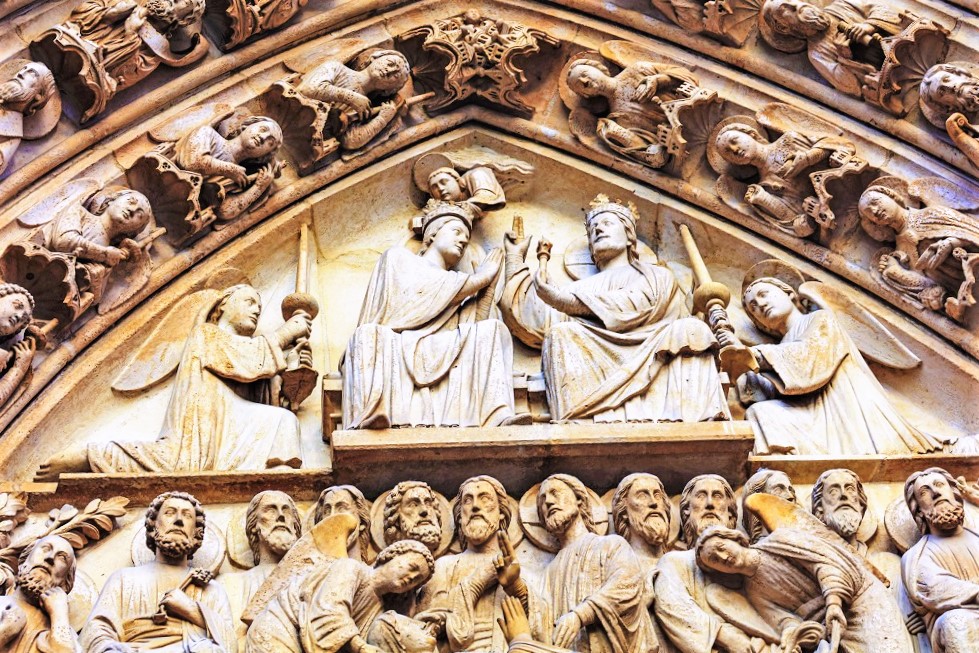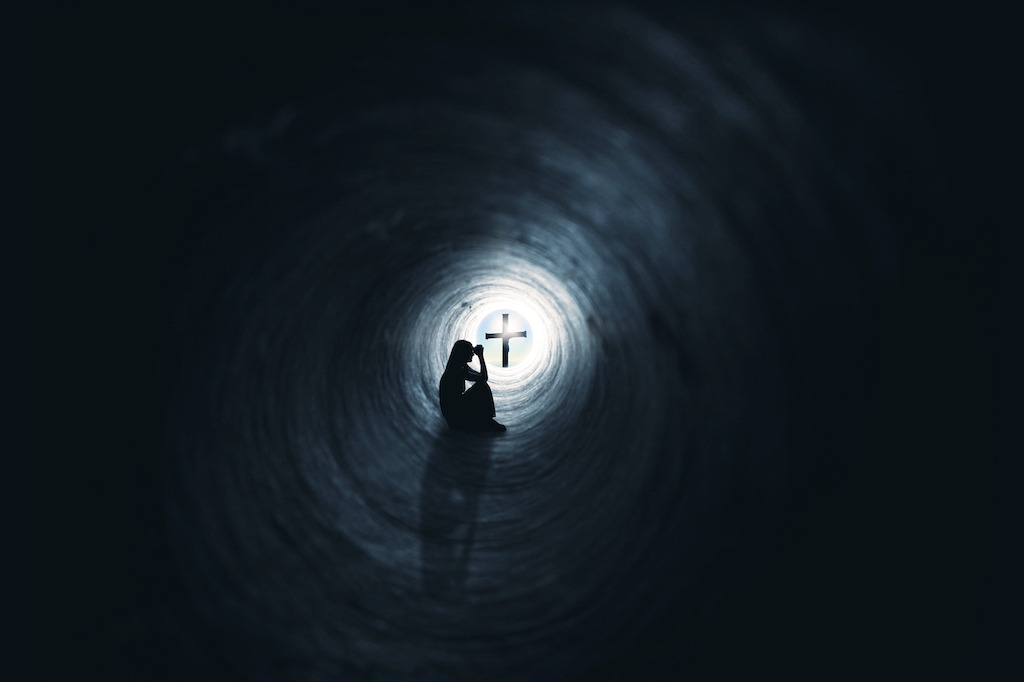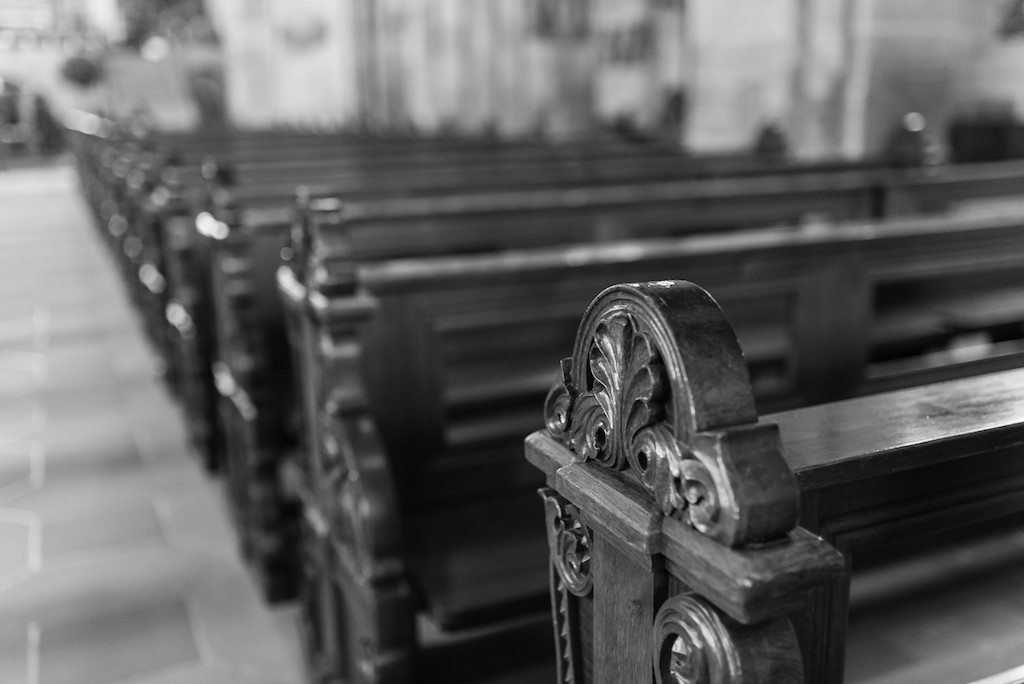It used to be a fairly common Catholic experience to “make a retreat.” Lay men and women would go to a retreat house or a church and be led (usually by a priest or religious) in praying and meditating on God. (This may sound quaint to many of you, but it truly is a wonderful experience!) Often, these are/were silent retreats: the retreatants spend considerable time in silence: reading, praying, meditating on God.
There was a priest who led many, many of these retreats. On Sunday mornings, as many retreatants were beginning to think of heading home and the tasks that awaited them there, this priest would tell them a story. He (the priest) recalled a basketball coach at a school where he had taught. The coach – whether his team was winning or losing – would gather his players just before the final quarter and say, “Let’s finish strong, boys! Let’s finish strong!” He wanted his team to know that, whatever the circumstances, they keep on playing hard right until the end. The priest would then tell his retreatants, “Let’s finish strong! Don’t let this final day of your retreat slip away – finish strong!”
Were that same priest giving us advice on the Year of Mercy, he would likely tell us, “Let’s finish strong!” We are in the final days of the Year of Mercy (which ends the last weekend of November, as we begin the new liturgical year.) We must not let these final days slip away; we must finish strong!
Maybe the Year of Mercy has not been something you’ve engaged much in. Perhaps, much of the past year has been difficult for you. Often, we are busy just trying to keep body and soul intact and “extras” are too hard to even think about. No worries – you can still “finish strong.” Indeed, the last of the Corporal Works of Mercy is to “bury the dead.” Given that we begin this last month of the Year of Mercy by celebrating the Solemnity of All Saints and the feast of All Souls’, it is a good time to ponder how we can do this. The United States Conference of Catholic Bishops makes these suggestions:
Funerals give us the opportunity to grieve and show others support during difficult times. Through our prayers and actions during these times we show our respect for life, which is always a gift from God, and comfort to those who mourn.
At the blog, Catholic All Year, one mom suggests that visiting a cemetery to put flowers on graves or learning about ancestors is a good way to involve kids in this work of mercy. If perhaps what you’d like to focus on is prayer during these final days of the Year of Mercy, wonderful! Consider praying for the dead. As Fr. William J. Byron, SJ, explains, the dead need our prayers:
[This] relates to our readiness, our preparedness, our freedom from sin, and our satisfaction of what the Church refers to as “temporal punishment due to sin” in order that the union of a human being — a “mere mortal” — with the sinless God is possible.
What is this temporal punishment? Let me suggest that it is a condition of “unreadiness” for eternal union with the Holy Trinity. In one sense you are ready, because you’ve expressed your sorrow and your sins have been forgiven. But in all probability you’re not quite ready, because your love of God at the moment of death may be less than wholehearted, less than perfect. Spiritually, you are right with God (your sins have been forgiven), but you need a bit of tidying up before being taken fully into God’s loving and eternal embrace.
Purgatory is the cure for your condition of unreadiness. It’s the process of purification.
Hence, we pray for the dead to beg God to move that process along. It all relates to God’s love and grace, that they may enfold the souls of the departed and keep them eternally secure.
What better way to end this beautiful Year of Mercy than to pray for our brothers and sisters who have preceded us in death?
Regardless of you and your family choose to finish this Year of Mercy, “let finish strong!”



